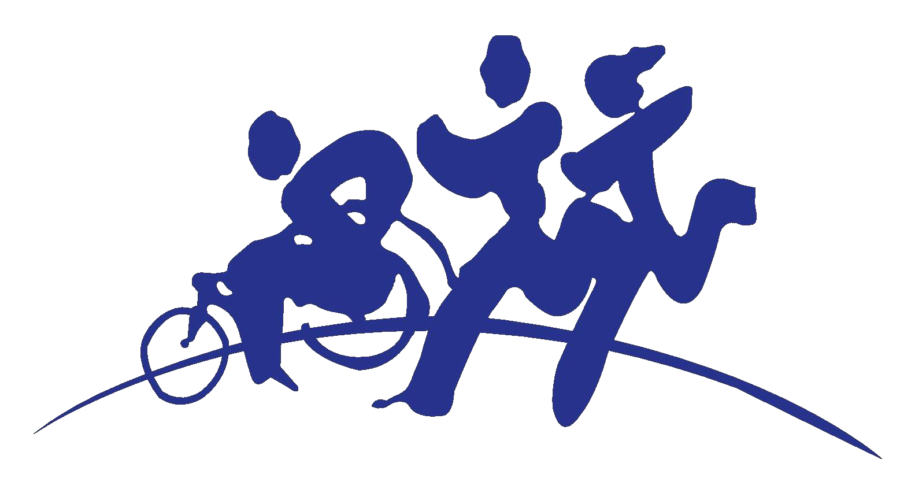Summer camp: Socialization and independent living for people with disabilities

The project will operate on two pillars:
- The first is the need for children to socialize and integrate into society. Throughout the program, People with Disabilities interact with each other and with their therapists and with the rest of society, as external programs are implemented that aim precisely to integrate into society, through activities that people in formal development do.
- The second pillar is that of autonomous and semi-autonomous living. The main challenge for people with disabilities is the maximum level of self-care in their current and future lives. As part of the program, there are daily activities (cooking, bathing, changing clothes), in which people with disabilities are asked to cope as best as they can on their own, in order to train them and to be able to succeed at some time.
Program participants are individuals, minors and adults with autism, mental retardation and congenital diseases.